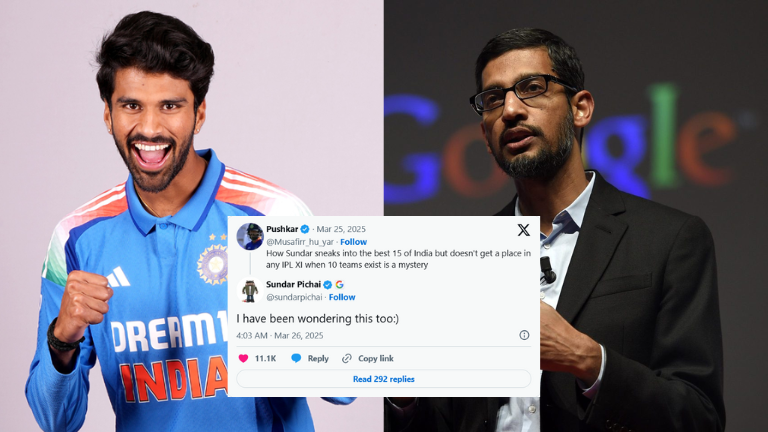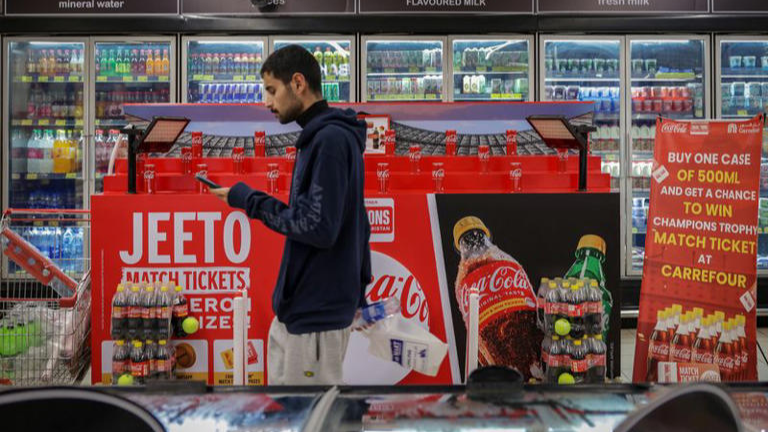Ethical Influencer Marketing: Building Trust in the Digital Age
Why Ethical Influencer Marketing Matters
The influencer marketing industry is booming, expected to reach $32.55 billion by 2025. With social media platforms like Instagram, YouTube, and TikTok driving consumer decisions, influencers have become key players in digital advertising.
However, as influencer marketing grows, so do ethical concerns. Unethical practices, such as undisclosed sponsorships, fake followers, and misleading promotions, threaten consumer trust and brand credibility. This has made Ethical Influencer Marketing a major priority for brands, regulators, and consumers alike.
What Is Ethical Influencer Marketing?
Ethical Influencer Marketing is the practice of ensuring honest, transparent, and responsible collaborations between brands and influencers. It focuses on:
✔ Clear disclosure of sponsored content
✔ Authenticity in influencer-brand partnerships
✔ Honest product reviews without false claims
✔ Avoiding deceptive marketing tactics
Unfortunately, many influencers and brands fail to follow ethical guidelines, leading to consumer mistrust and regulatory scrutiny.
The Biggest Ethical Challenges in Influencer Marketing
1. Undisclosed Sponsorships and Paid Promotions
Many influencers promote products without disclosing they are being paid, misleading followers into believing their endorsements are genuine recommendations.
✔ Example: An influencer praising a skincare brand without mentioning that it’s a paid advertisement.
❌ Why It’s a Problem:
- Consumers are misled into trusting paid endorsements.
- Brands violate advertising transparency laws.
✔ Ethical Solution:
- Influencers must use clear disclosures like #Ad, #Sponsored, or #PaidPartnership.
- Regulatory bodies like FTC (U.S.), ASA (U.K.), and ASCI (India) must enforce stricter guidelines.
2. Fake Followers and Engagement Manipulation
Some influencers inflate their follower count and engagement using bots, creating a false sense of credibility.
✔ Example: An influencer with 500,000 followers but only 100 real interactions per post.
❌ Why It’s a Problem:
- Brands waste marketing budgets on fake audiences.
- Consumers trust misleading engagement metrics.
✔ Ethical Solution:
- Brands should verify influencer engagement analytics before collaborations.
- Platforms must identify and remove fake accounts.
3. Misleading Product Endorsements
Influencers sometimes promote unsafe or ineffective products, from miracle weight-loss pills to unverified financial schemes.
✔ Example:
- Promoting “detox teas” with no scientific backing.
- Encouraging followers to invest in risky cryptocurrency schemes.
❌ Why It’s a Problem:
- Health risks for consumers following false claims.
- Financial scams cause real economic harm.
✔ Ethical Solution:
- Influencers must research products before promoting them.
- Regulatory bodies should monitor and penalize misleading endorsements.
4. Unrealistic Beauty and Lifestyle Standards
Many influencers post heavily edited photos or use filters, promoting unrealistic beauty standards.
✔ Example:
- Editing skin to appear flawless while endorsing a skincare product.
- Presenting a luxury lifestyle that isn’t reflective of reality.
❌ Why It’s a Problem:
- Causes mental health issues and insecurity among followers.
- Creates false expectations for beauty and success.
✔ Ethical Solution:
- Disclose when filters or Photoshop are used.
- Promote authentic and realistic portrayals of beauty and lifestyle.
Who Is Responsible for Ethical Influencer Marketing?
Ensuring Ethical Influencer Marketing is a shared responsibility between:
✔ Influencers – Must be transparent, honest, and accountable.
✔ Brands – Should enforce strict ethical guidelines.
✔ Platforms – Need to monitor and regulate misleading content.
✔ Regulators – Must introduce and enforce stronger advertising laws.
Without collective responsibility, unethical marketing will continue to mislead consumers and damage industry credibility.
Global Regulations on Ethical Influencer Marketing
1. International Regulations
- FTC (U.S.) – Requires full disclosure of paid promotions.
- ASA (U.K.) – Cracks down on misleading influencer ads.
- EU Consumer Protection Laws – Mandate truthful and clear advertising practices.
2. India’s ASCI Guidelines
- Introduced in 2021, requiring influencers to disclose paid content.
- However, 69% of top influencers fail to comply, proving weak enforcement.
✔ What Needs to Improve?
- Stronger penalties for non-compliance.
- Better monitoring and tracking of paid promotions.
- Increased public awareness on influencer marketing ethics.
How Consumers Can Support Ethical Influencer Marketing
Consumers play a crucial role in promoting ethical influencer marketing.
✔ Be skeptical of influencer promotions—question whether the endorsement is genuine or paid.
✔ Support influencers who disclose sponsorships and promote ethical brands.
✔ Report misleading content on social media platforms.
✔ Educate yourself about advertising tactics to make informed decisions.
The Future of Ethical Influencer Marketing
As influencer marketing continues to grow, ensuring transparency, honesty, and ethical advertising is no longer optional—it is essential.
🚀 Key Takeaways:
✔ Ethical Influencer Marketing builds long-term trust with audiences.
✔ Regulatory enforcement must be stronger to prevent deceptive promotions.
✔ Brands, influencers, and platforms must collaborate for responsible marketing.
💬 Do you trust influencer endorsements? Have you ever encountered misleading influencer ads? Share your thoughts in the comments!







